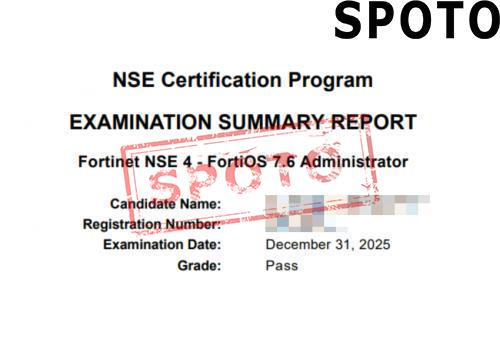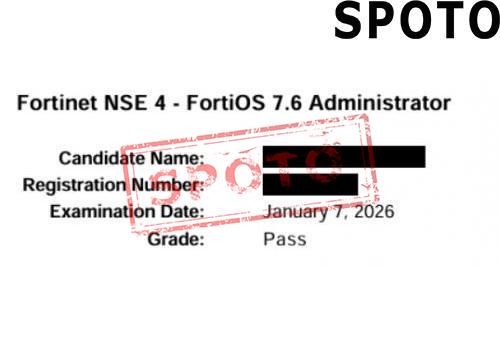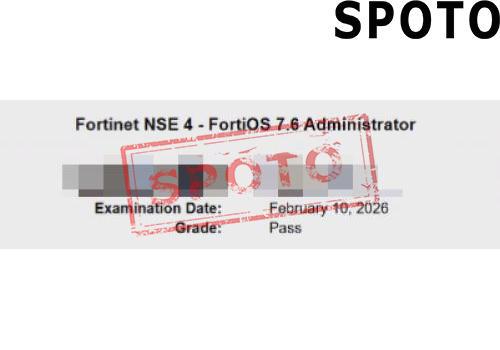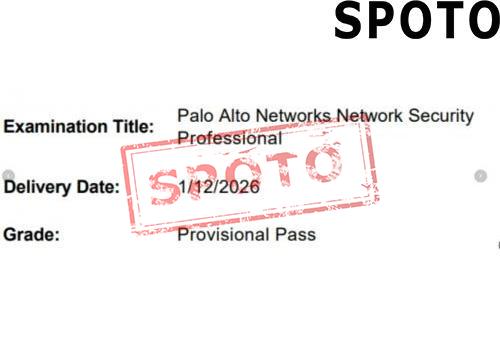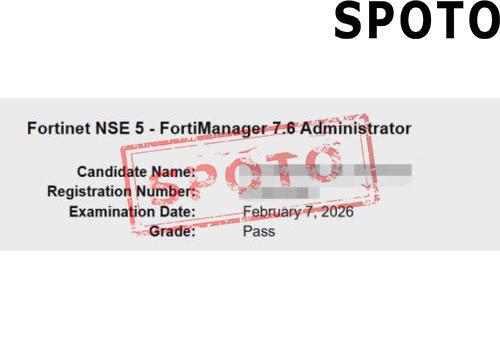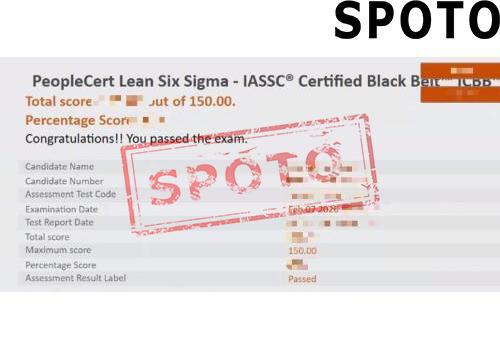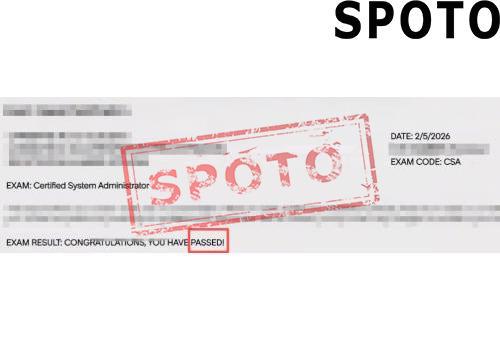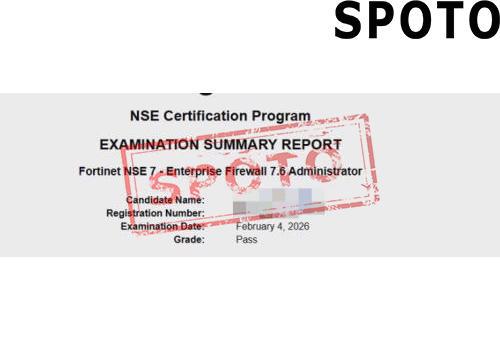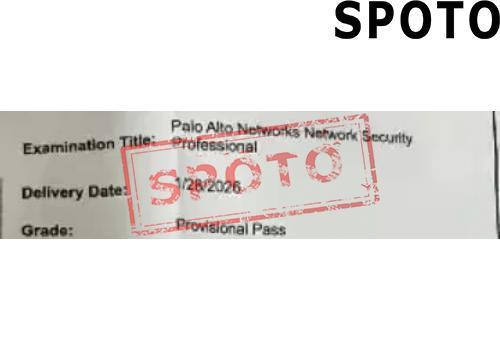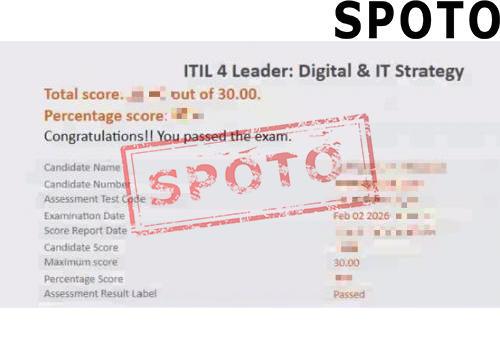
Table of Contents
Professional Scrum Master I (PSM I) is an entry-level certification in the agile field endorsed by the Scrum founding team, focusing on "deep understanding and flexible application."
1. Introduction to the PSM I certification
Professional Scrum Master I is an entry-level certification in the agile field endorsed by the Scrum founding team, focusing on "deep understanding and flexible application."
Professional Scrum Master I (PSM I) is an entry-level Scrum certification launched by Scrum.org, focusing on a deep understanding and flexible application of the core theories, practical principles, and application scenarios of the Scrum framework. Its aim is to verify the ability of practitioners as Scrum Masters to guide teams in practicing Scrum values, standardizing the execution of Scrum events and artifacts, and effectively solving common problems in practice. It is a highly recognized entry-level certification in the agile field.
In modern project management that emphasizes rapid response to change and continuous delivery of value, the standardized implementation of the Scrum framework relies on a deep understanding of its underlying logic. The core positioning of PSM I certification is to cultivate Scrum practitioners who understand principles and are able to implement them, rather than just "process managers" who master process forms.
You need to have a deep understanding of the theoretical foundation of Scrum, be able to flexibly apply the Scrum framework according to the actual situation of the team rather than mechanically applying processes, and ultimately help the team achieve self-organization, cross functional collaboration, and improve delivery efficiency and product quality. These types of talents usually play the role of "coaches and consultants" for the team, and need to solve complex scenario problems based on their understanding of Scrum principles.
2. The Competitive Edge of a PSM I Certification
Scrum.org was founded by Ken Schwaber, the founder of Scrum. The PSM certification series is known for its emphasis on principles and practice, and is highly recognized among global technology companies and domestic giants. It is a core reference for agile job recruitment.
The PSM I exam has a low pass rate and focuses on understanding the principles, making it easier for holders to be recognized as professionals who truly understand Scrum.
Compared to certification that focuses solely on processes, the "principle-based" abilities cultivated by PSM I are applicable to a wider range of scenarios, laying the foundation for advanced Scrum Masters or Agile coaches.
And the most noteworthy thing is that PSM I certification does not require mandatory training and can be self studied and prepared through free resources, suitable for practitioners with limited budgets but who hope to improve their systems.
3. Core Components of the PSM I Certification
PSM I certification deeply analyzes the core essence and practical essence of Scrum framework, focusing on cultivating students' profound understanding of agile principles rather than mechanical memory.
The PSM I certification system is built around five core modules. The Scrum foundational theory module starts from empiricism and complex adaptive system theory, explaining the practical significance of the three pillars and systematically explaining the implementation methods of the five values.
The role responsibility boundary precisely defines the triple responsibilities of Scrum Master service-oriented leadership, clarifies the core mission of the Product Owner to be responsible for product value, and emphasizes the key requirements of development team self-organization and cross functional collaboration. In depth analysis of the design principles of each Scrum event, from the invariance principle of the sprint's fixed time box to the developer led feature of daily station meetings, reveals how events collaborate to achieve a continuous improvement cycle.
The logic of workpiece management focuses on explaining the dynamic characteristics and clarity standards of product to-do lists, analyzing the essence of sprint to-do lists as team commitments, and emphasizing that increments must meet the quality requirements of the "definition of completion." Provide solutions to practical challenges such as requirement changes, estimation deviations, and cross departmental collaboration, help identify and correct the phenomenon of "pseudo agility"; and guide teams to return to the essence of Scrum.
PSM I certification emphasizes a deep understanding of the principles of Scrum framework, helps students master the ability to cope with complex work environments through scenario based teaching, and focuses on cultivating students' judgment and adaptability in real scenarios, rather than simply applying templates.
4. What are the requirements to be a Professional Scrum Master I?
(1) Qualification prerequisites:
PSM I certification does not require mandatory training or work experience, making it suitable for all practitioners who wish to systematically learn Scrum.
(2) Training and examinations:
The PSM I question type includes 80 multiple-choice questions, with a test duration of 60 minutes and a maximum score of 100. Only those who score 85 or above can pass. The difficulty level is higher than that of similar entry-level certifications, and the exam fee is approximately $150.
(3) Qualification maintenance:
The PSM I certificate is valid for life and does not require renewal, but Scrum.org encourages holders to continue learning and deepen their abilities through practice or advanced certification.
5. Comparable Certifications to Professional Scrum Master I Certification
- Certified Scrum Master (CSM)
- PMI - Agile Certified Practitioner (PMI - ACP)
- EXIN Agile Scrum Master
